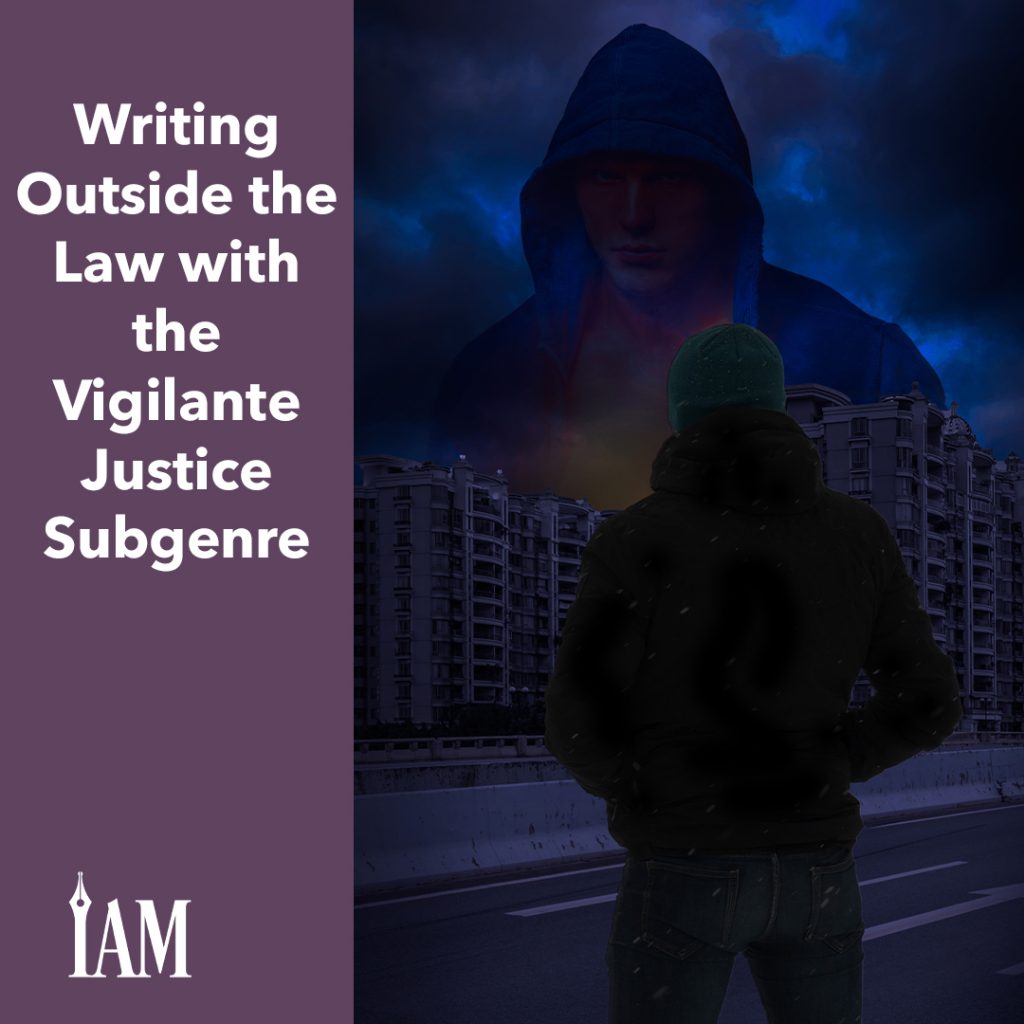Gone are the days where evil-doers stalk the night, chasing down helpless victims while the law struggles to keep up. Now, a new hero rises, one not afraid to toe the morally gray line in the name of what is right. Their actions can set up the perfect adventure for readers to dig into. More importantly, they make up a rising subgenre in the Mystery, Thriller, and Suspense category, where the rules are meant to bend.
Called Vigilante Justice, this category of story identifies a well-known trope, the self-appointed bringer of justice, to the central theme of right versus wrong. K-Lytics mastermind Alex Newton, a thought leader and provider of comprehensive Amazon category data, is quick to point out a steady increase in interest in the subgenre, easily identifiable tropes, and near-cliché covers that set this type of story apart.
More specifically, readers have come to expect a story in this subgenre to include a strong male character like Jack Reacher or John Wick, where destruction and bodies trail their assault on evil.
What makes Vigilante Justice unique is it is a wildly popular genre without strict by-laws for writing to-market stories. Spies, assassins, kick-ass female warriors, and a multitude of special forces-type characters all fall under the main category of Mystery, Thriller, and Suspense, but what makes them unique to the subgenre is why they do what they do in the face of great trial.
Newton provided a report on Vigilante Justice, annotating a list of descriptive terms searchers in Amazon used to find books of this nature. Some of these terms include “revenge,” “vengeance,” “retaliation,” and “vendetta”—all strong nouns that signal a character’s actions and offer important plot points for writers to consider. Readers latch onto these stories because they’re forced to consider what they might do if the law was inept. A distinction should be made here as well. A morally gray character or anti-hero alone shouldn’t land a book in this category. Characters who are morally gray stand outside the dichotomy of good versus evil. They pursue their own ambitions, often driven to do so through the plot of the story. In John Wick, it appears John is avenging the death of his dog and theft of his car, when in reality, he targets the system that allowed it to happen. Writers should include the “why” the readers are looking for, so they too can feel connected vicariously to the story while also asking themselves, “What would I do if…?”
Readers have been the major focus of this conversation, especially around their expectations and desires, which raises questions about what authors can get away with in their work without upsetting them too much. What tropes can be subverted, and is there room for experimentation? Fortunately or unfortunately, Newton says, the answer isn’t evident. Readers of this genre seem somewhat flexible given the terminology found in the genre and subgenre search terms of the 2022 K-Lytics search term report for Vigilante Justice. In this report, Newton found mentions of “police,” “CIA,” “military,” and “assassin,” terms most associated with Action, Spy, and Crime Thrillers.
Consider Jack Reacher, the archetypal vigilante of Lee Child’s Jack Reacher series. He’s an ex-lawman, wrongfully accused of murder. Reacher’s actions, namely punching his way to getting answers, especially when the law isn’t doing what it’s supposed to, ground him as a vigilante and separate the story even further into the Vigilante Justice subgenre. Later in the series, he and a woman are kidnapped and held for ransom, the stakes are life and death, and only he can make a difference. Again, we revisit what makes the subgenre special, because these short descriptions of the Reacher books show there is a lot of overlap between Vigilante Justice and the classic Thriller story.

The Vigilante Justice subgenre appears primed for new authors to enter the genre to feel confident that if they package their book properly, and hit a few of the tropes, the genre will continue to provide a stable, mainstream home capable of maintaining commercial success.

